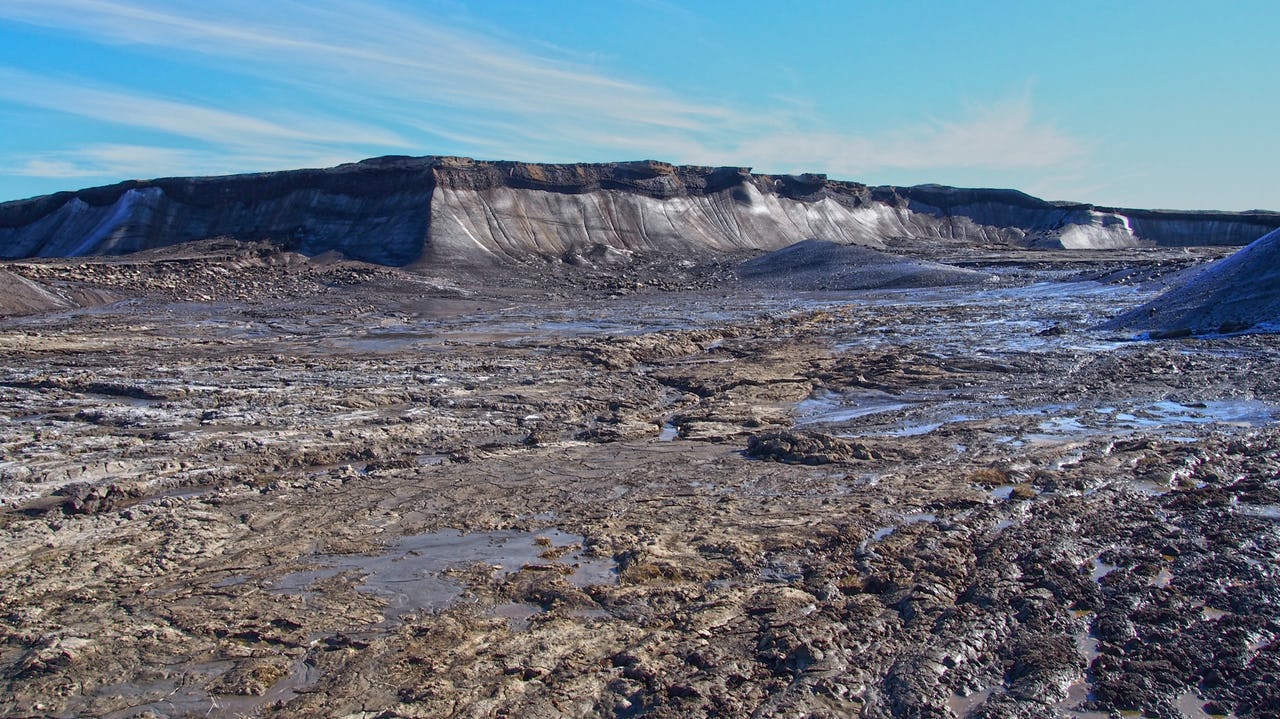Permafrost Thaw in the Warming Arctic: Final Remarks

Permafrost thaw is one of the world’s most pressing climate problems, already disrupting lifestyles, livelihoods, economies, and ecosystems in the north, and threatening to spill beyond the boundaries of the Arctic as our planet continues to warm. The Arctic Institute’s permafrost series aims to discuss this complex issue through a variety of perspectives. Photo: UBC Geography
In fall and winter 2020-2021, The Arctic Institute’s two-part permafrost series featured over a dozen articles on permafrost degradation and its various impacts, including scientific approaches to studying thaw, personal encounters with permafrost, community challenges, and security issues that a warming Arctic presents. We hope that the series has been informative and effectively captured the complexity of climate change in the Arctic, so we may better understand the impact of warming in the North.
Permafrost thaw in a multidisciplinary context
In recent months, our articles on permafrost thaw have covered a wide variety of topics. As multiple authors pointed out, permafrost degradation affects every aspect of life in the Arctic, from ecosystems to sustenance to infrastructure in the North, and the impact of thaw on the climate’s positive feedback loop has global implications that will affect us all in coming decades.
The Arctic is warming faster than any other region on Earth, and the impact of climate change is already being acutely felt, and affects local communities, Indigenous traditions and livelihoods, and how scientists conduct research in the region. As one author argued, it can be difficult to conceptualize and grasp exactly what words like carbon, permafrost, degradation, and climate change mean – these are difficult concepts and they are troubling to think about. Yet the implications of this thaw and this warming cannot be understated. Already, permafrost degradation is costing millions of dollars due to infrastructure damage in the Canadian North and to Russia’s resource-focused endeavours in the Arctic, and many other northern regions in between. In Alaska, the United States military may have to move bases or otherwise safeguard them against destabilizing ground in the coming years. From an environmental perspective, permafrost degradation is destroying forests in Alaska and other northern areas, and is intimately connected to increased coastal erosion and sea ice melt. As we have seen, permafrost degradation touches all areas of life in the North and beyond, and has economic, political, societal, environmental, and scientific consequences.
Looking ahead
Scholars, scientists and experts have stressed a need for increased permafrost monitoring and further study to address the changes inflicted by increased degradation. Efforts have also been made to promote scientific education about permafrost thaw and its consequences in an accessible way. Additionally, there is a need for increased governmental engagement on northern climate issues, and most importantly, a need to raise awareness about these problems among ordinary people. As such, we thank you for reading our series and engaging with our content, and we hope you can share it in your network and beyond to educate others about this topic.
It is easy to feel helpless in the face of something as vast as climate change, but even the smallest actions count, whether that is volunteering, raising the issue with government representatives, participating in climate initiatives, making personal lifestyle changes to reduce food waste and resource use, investing in renewable energy, voting, and spreading the word in your networks.
As TAI’s president and managing director Victoria Herrmann said, “Ultimately, climate action is not powered by the Paris agreement – it’s powered by people. Every individual has a skill, a voice, a career to wield as a tool to address climate change. From presidents to protesters, we each have a part to play in limiting the devastation of the climate crisis. What climate catastrophes we bear in the decades to come are a direct consequence of what we choose to do today.”
Thank you for engaging with our content and spreading awareness about this pressing problem. We look forward to sharing forthcoming publications with our audience and hearing from you.